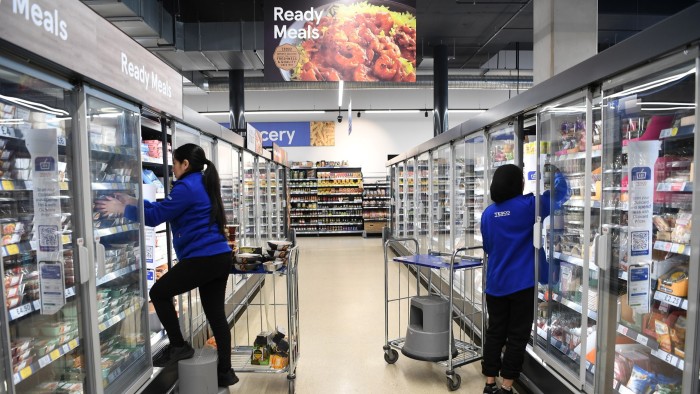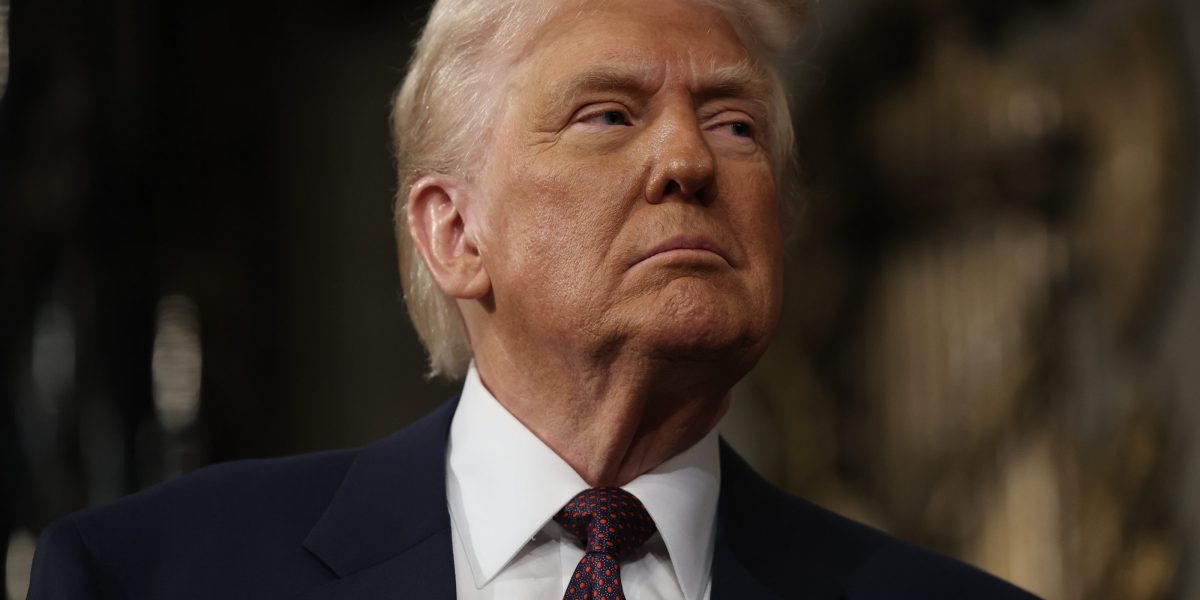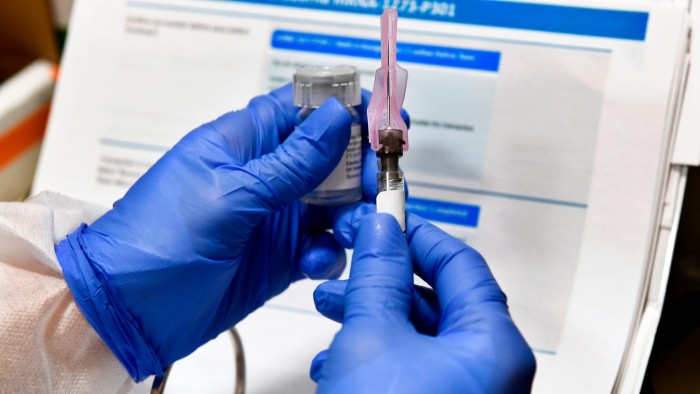Stay informed with free updates
Simply sign up to the UK inflation myFT Digest — delivered directly to your inbox.
UK inflation rose to 3 per cent in January, surpassing expectations and highlighting the challenge for the Bank of England as it grapples with persistent price pressures and a weakened economy.
The annual rate of price growth was above the 2.5 per cent recorded in December and the 2.8 per cent forecast by economists polled by Reuters, the Office for National Statistics said on Wednesday. It was also well above the recent low of 1.7 per cent in September.
Services inflation, a key measure of underlying price pressures, rose to 5 per cent in January from 4.4 per cent in December, but was below economists’ expectations of 5.2 per cent.
ONS Chief Economist Grant Fitzner said: “After falling this time last year, the cost of food and non-alcoholic drinks increased, particularly meat, bread and cereals. Private school fees were another factor, as new VAT rules meant prices rose nearly 13% this month.”
The BoE said this month that price pressures were on “a bumpy path” as it forecast that inflation would rise to 3.7 per cent in the middle of the year, propelled by higher global energy costs. The central bank said it expected inflation to later fall back to around its 2 per cent target.
Responding to Wednesday’s figures, chancellor Rachel Reeves said: “Getting more money in people’s pockets is my number one mission. Since the election we’ve seen year on year wages after inflation growing at their fastest rate – worth an extra £1,000 a year on average – but I know that millions of families are still struggling to make ends meet.”
Data published on Tuesday showed strong UK wage growth excluding bonuses, rising at an annual rate of 5.9 per cent in the three months to December, up from 5.6 per cent in the three months to November.
However, economic growth has been weak, with official data last week showing a marginal expansion of 0.1 per cent in the three months to December, following the stagnation of the previous quarter.
BoE governor Andrew Bailey on Tuesday said the central bank had been able to cut interest rates three times since last summer due to falling inflation and because “we are facing a weak growth environment in the UK”.
But he added that the expected rise in inflation was among the “challenges” ahead for the BoE, as well as global uncertainty, and reiterated his intention to take a “gradual and careful” approach to interest rate cuts.




